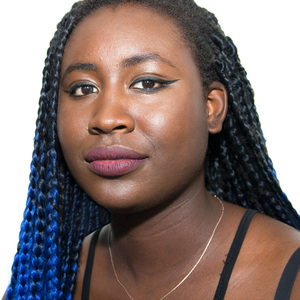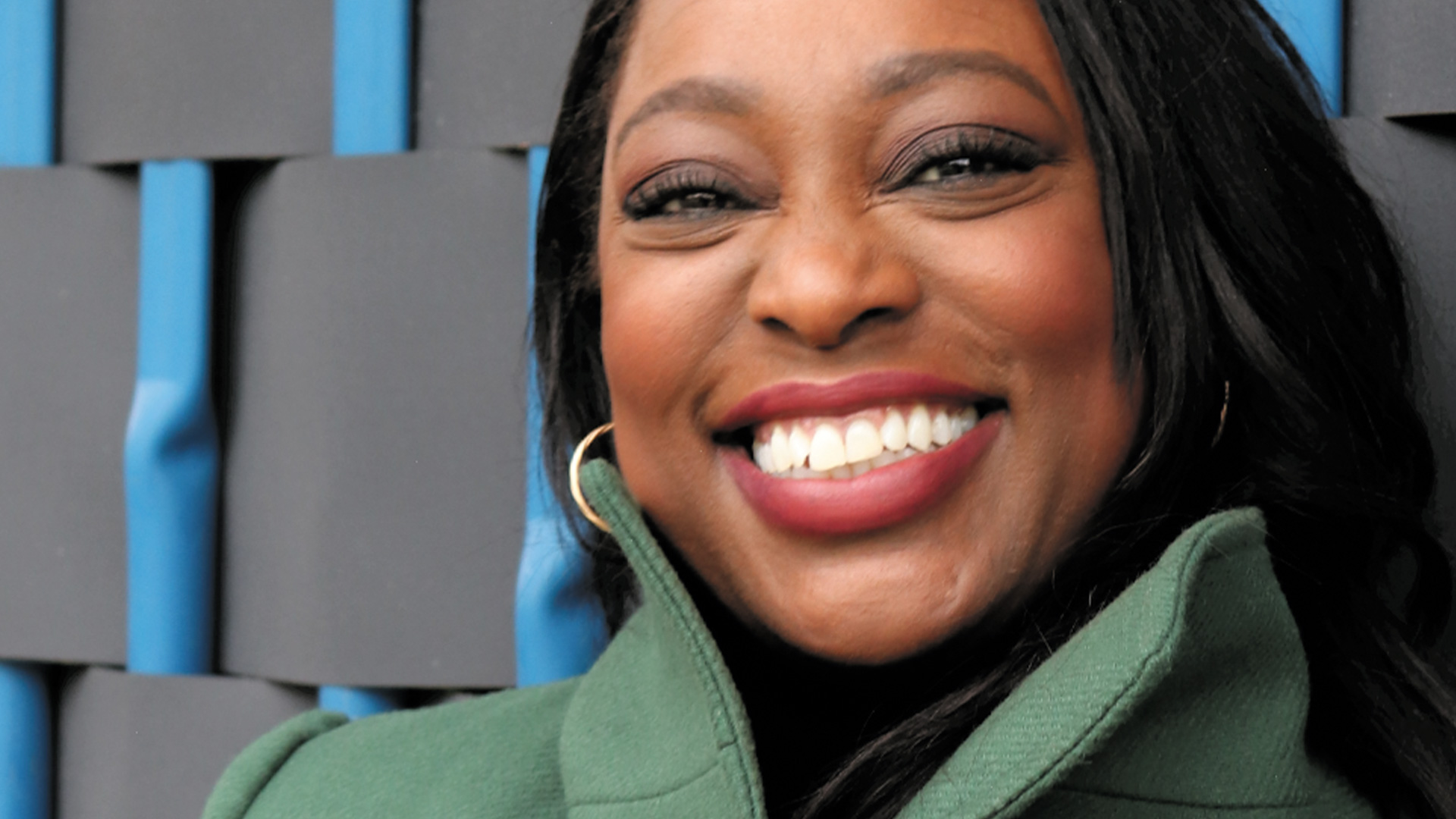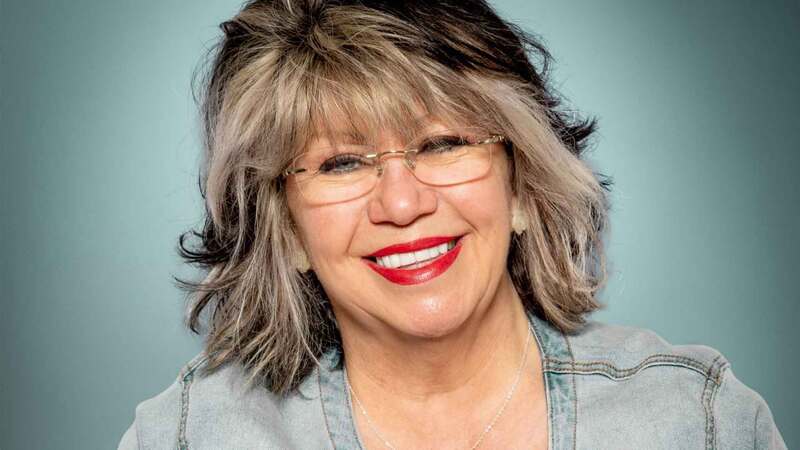You are viewing your 1 free article this month. Login to read more articles.
Black Focus Q&A: Nadine Matheson
 Natasha Onwuemezi
Natasha OnwuemeziTasha Onwuemezi is associate editor of The Bookseller and a freelance writer and editor.
Matheson is the author of a police procedural series featuring Detective Inspector Anjelica Henley, a Black British woman who has PTSD.

Tasha Onwuemezi is associate editor of The Bookseller and a freelance writer and editor.
Why did you decide to write crime fiction?
Firstly, these are the books that I genuinely enjoyed reading and secondly, I thought of writing crime fiction as a challenge. Would I be able to write an authentic crime fiction story that would transport readers to worlds where they would be constantly kept on the edge of their seats? The world isn’t black and white; there are morally grey areas and crime fiction authentically captures those moments where one decision can completely change the trajectory of your life and turn a good person “bad”. There’s also the thrill of the chase. I love the idea of keeping the reader gripped as they wondered if the detective or the wronged person would ever get justice or be able to prevent another tragedy.
How does your career as a criminal solicitor and lecturer impact your writing?
Well, they both gave me the ability to write to deadline, but working in criminal law showed me that my clients were more than just the offences that they were charged with. Every client and witness has their own unique background and circumstances and I’ve repeated that almost as a mantra when creating my own characters and plots. I don’t want my characters and plots to be read as clichés and one-dimensional. My career has taught me to look beyond the surface and to always make sure that I answer the “Who, what, where, how and why?” questions when writing my books.
What part of your books do you find the most challenging to write?
I’ve worked in criminal law as a solicitor for nearly 20 years and its impossible for the job not to have an impact on you personally and cause some disruption to your home life. People are complex and flawed and I try to emphasise that in my books, which can make the domestic scenes challenging. I strongly believe that crime fiction can hold a mirror to not only society but also us as individuals. These domestic scenes—where Henley is arguing with her husband because he believes that she prioritises work over her family or Henley’s colleague Ramouter dealing with his wife’s early onset dementia diagnosis—are emotionally driven and I don’t want them to appear one-dimensional and inauthentic plot devices.
Who are your inspirations?
I’ve always been inspired bystorytellers and by people who can ask the big questions that allow you to be both heard and seen: Dorothy Koomson, Andrea Levy, Oprah Winfrey, Ava Duvernay, Terry McMillan and Chimamanda Ngozi Adichie.
You list a number of Black women as your inspirations, but there aren’t many Black British women in crime writing: has that had any impact on you as a writer?
I think that the question is “Why aren’t more Black British women crime writers being published?”, because if I’m honest, there really is no good answer. It’s not as if we’re not writing crime fiction. There’s a tendency for publishers to look at Black writers through a different lens i.e. “Will this book by a Black author sell? Is this
book teaching us about the Black experience?” as opposed to just simply asking “Can this new writer tell a captivating story? Will this book, this story, this new voice in fiction sell? Can we give this author a long career?” There are always calls for publishing to diversify and you will see books about race and racism in the bestseller charts, but publishing does seem to have difficulty with recognising that Black British women can write genre fiction and that these books will sell.
Can you tell us a bit about your novels so far?
There are three novels in the series so far, The Jigsaw Man, The Binding Room and The Kill List. They follow Detective Inspector Anjelica Henley, who works for the Serial Crimes Unit—is a specialist unit based in South-East London. She has PTSD after an encounter with a serial killer that nearly took her life. She’s also a wife
and mother which means that we see her trying to balance her professional and personal life.
Matheson’s latest novel The Kill List was published by HQ in May









